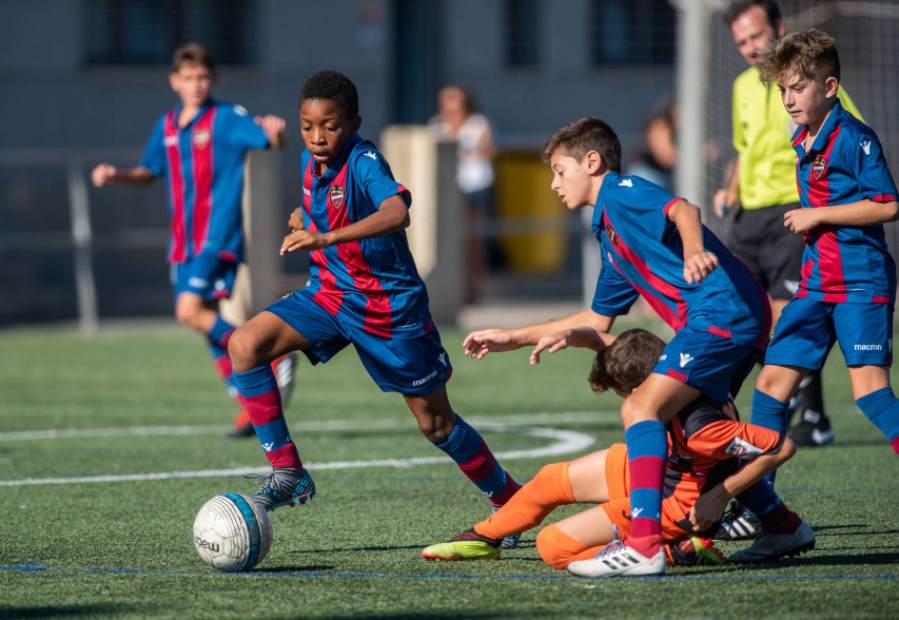
- A new project from the Valencian club aims to extend the teaching of online safety and risk prevention to its academy and staff.
- Workshops throughout the season aim to avoid issues surrounding identity theft or sports betting, among others.
Levante UD is a club that always tries to be at the forefront of technology trends. It became one of the first LaLiga clubs to create a bespoke fan application through WhatsApp, for example. But as it continues these investments, the club is also keen to discuss the risks that the online world can also bring.
This month the club launched a new 'compliance kids' programme, becoming the first LaLiga side to design a new training method for its academy players focused on online compliance and risk prevention.
The project aims to teach the importance of regulatory compliance, online identity protection or combatting abuse, issues which can have a damaging effect on football clubs as well as individuals. Workshops throughout the season will target young players and their parents in how to spot a potential issue, as well as providing teaching to club employees all the way to director level.
“As we aim to provide the best training for all members of the club we knew we had to address the need for good compliance,” commented Alberto Gil, director of communication at Levante UD. “This is very important for the development of young players but beyond that, it is essential to create a culture of good compliance and online practices across the whole club.”
In addition to teaching good practice the workshops aim to discuss and prevent issues such as identity theft, sports betting or abuse, all of which can be potentially disastrous to a footballer’s career.
Creating a ‘compliance culture’
The training modules, workshops and talks will cover topics ranging from the club's internal regulations, digital risk training, social network management, gambling and lifestyle, all adapted to the age of the participants. In the case of the youngest players, there will be 10 training modules of 25-minutes per month, as well as two modules for the parents of 50 minutes each.
After introducing such young players so such important topics, Gil noted that they were "very positive and accepting" of the initiative. “They understand that the issues being discussed affect them directly and therefore they gave the first sessions their full attention."
“From top to bottom, we want to create a compliance culture across the club,” he concluded.
